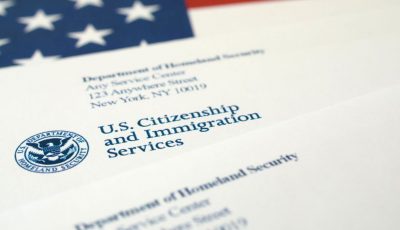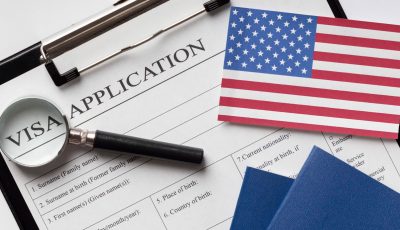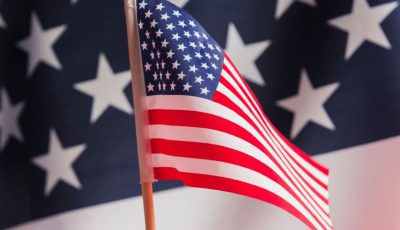Judge: Denial of Dynasty’s CW-1 petitions not final
Manglona dismisses lawsuit filed by Tinian Dynasty’s over 500 workers
The federal court yesterday ruled that the decision to deny the owner of Tinian Dynasty Hotel and Casino’s CW-1 visa petitions for its foreign workers is clearly not final and that the Administrative Appeals Office is currently in the process of reviewing it.
In granting the U.S. government’s motion to dismiss the case, U.S. District Court for the NMI Chief Judge Ramona V. Manglona said the court lacks jurisdiction and must dismiss the case filed by the workers because the denial of Hong Kong Entertainment (Overseas) Investments Ltd.’s petitions is not final.
Manglona, however, said the workers may refile the lawsuit after the Administrative Appeals Office issues its decision and the agency’s action is final.
“For this court to undertake its own review while the administrative appeal is pending would waste resources and create the sort of duplication that Section 704 of the APA was intended to avoid,” the judge pointed out.
Manglona said it is unnecessary, therefore to determine whether plaintiffs, as beneficiaries of Hong Kong Entertainment’s petitions, have standing to sue and can state a claim on which relief may be granted.
Over 500 foreign workers of Tinian Dynasty Hotel and Casino filed the lawsuit against Homeland Security Secretary Jeh Johnson, U.S. Citizenship and Immigration Services Director Leon Rodriguez, and USCIS California Service Center Director Kathy A. Baran after USCIS denied Hong Kong Entertainment’s 197 CW-1 petitions involving 693 beneficiaries.
Attorney Bruce Berline filed the lawsuit as counsel for Belal Hossain, Wenli Zhong, Pukar Patel, and 500 unknown co-plaintiffs. Berline asked the court to declare that USCIS is precluded from relying on a pending criminal case against HKE, which owns and operates the 412-room hotel with casino, as a basis for determining that HKE is not a legitimate employer.
Berline asked the court to declare that the denial of HKE’s CW-1 petitions on grounds that HKE is not a legitimate employer is contrary to and in violation of due process as guaranteed by the U.S. Constitution.
U.S. Department of Justice Office of Immigration Litigation trial attorney Sarah L. Vuong, as counsel for the defendants, moved to dismiss the lawsuit.
Vuong asserted that since that HKE’s nonimmigrant visa petition remains under administrative appeal, the federal court should dismiss the lawsuit in its entirety for lack of subject-matter jurisdiction.
The hearing on the motion was held last April 23.
In her order yesterday, Manglona said the problem for the plaintiffs is that their lawsuit doesn’t really challenge the decision to deny them extensions.
“They don’t assert that they are entitled to extensions regardless of whether their employer’s CW-1 petitions on their behalf are approved,” Manglona said.
Instead, the judge said, the plaintiffs challenge the correctness of the underlying decision to deny the CW-1 petitions.
“That decision clearly is not final, for the AAO is now in the process of reviewing it,” she said.
Manglona noted that at the hearing, the U.S. government gave assurances that if HKE prevails in its appeal of the CW-1 denials, plaintiffs will get their extensions and return to lawful status, and the time accrued in unlawful presence will roll back.
However, Manglona said, every day that plaintiffs remain in the U.S. during the pendency of the appeal, they accumulate unlawful presence that may never be rolled back (if the AAO affirms the decisions) and risk being deported by Immigration and Customs Enforcement.
Moreover, Manglon said, USCIS’s denial of extensions (as opposed to its denial of the petitions) is not appealable.



























